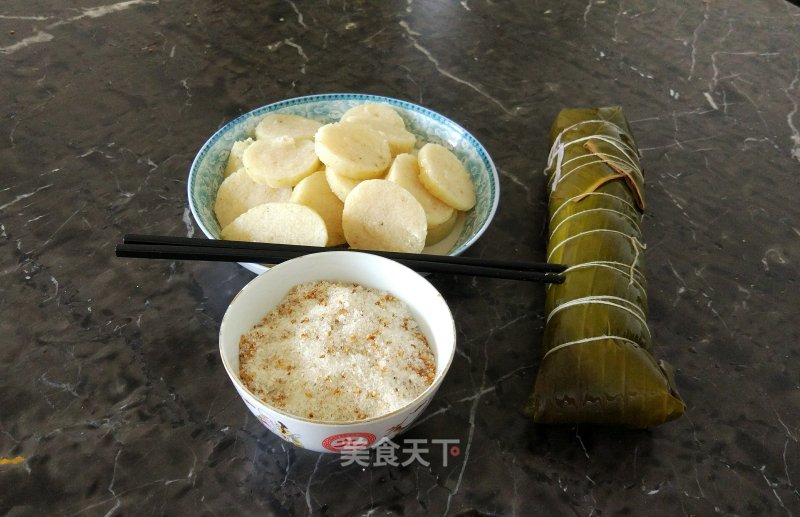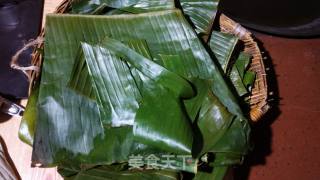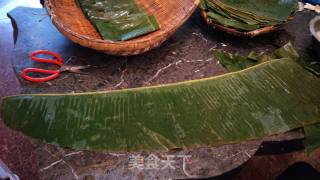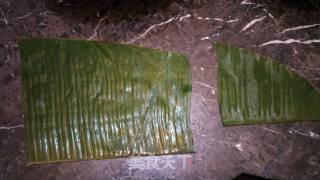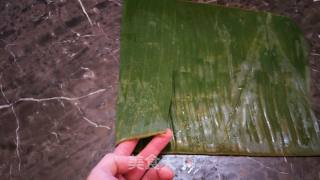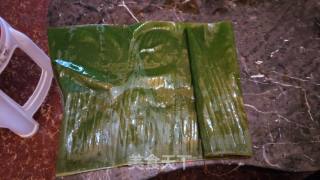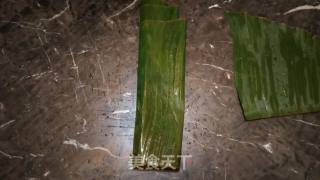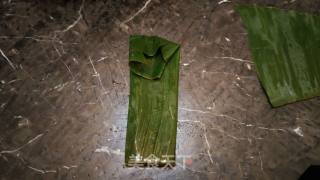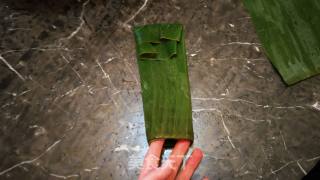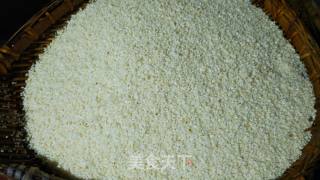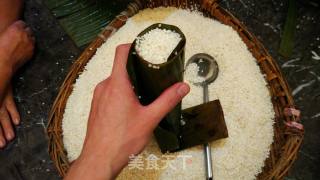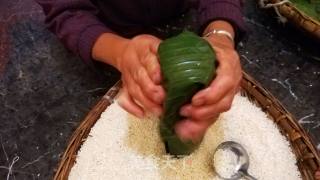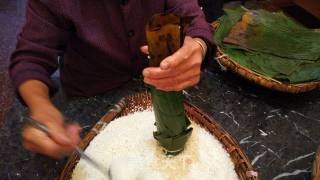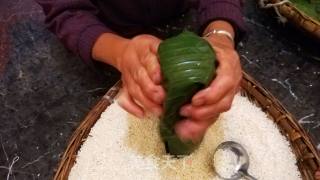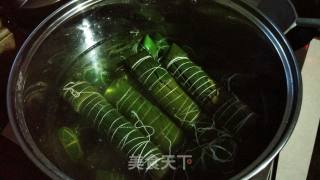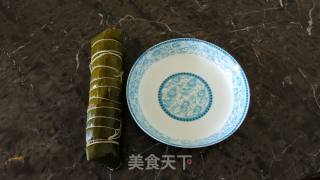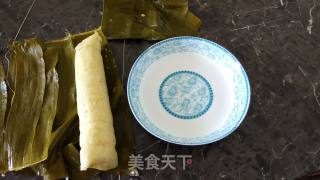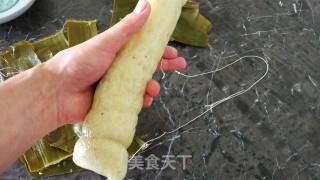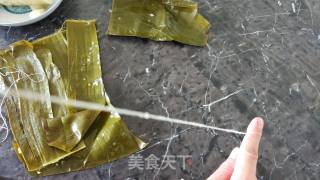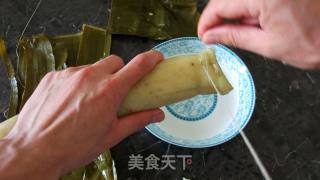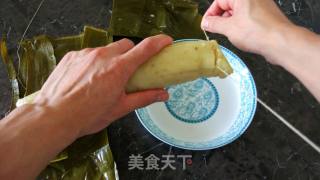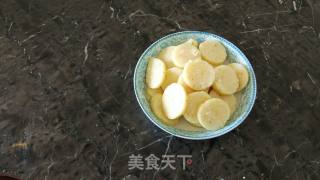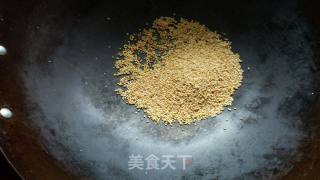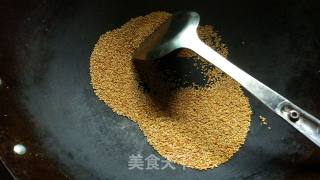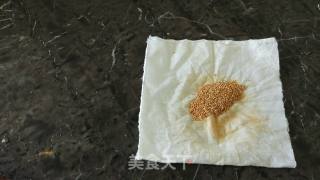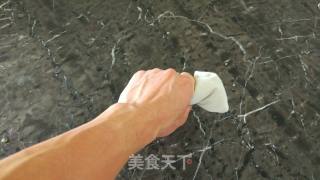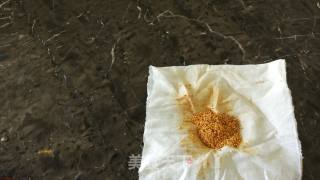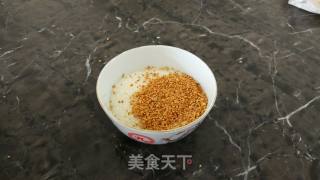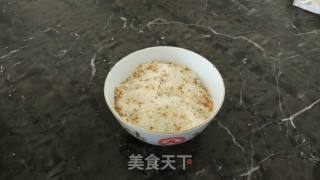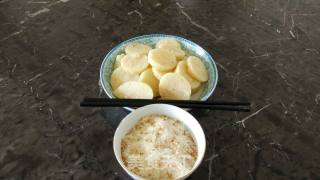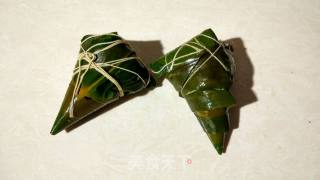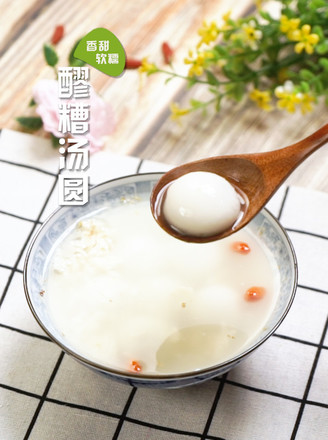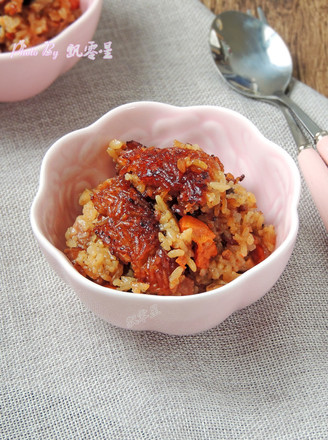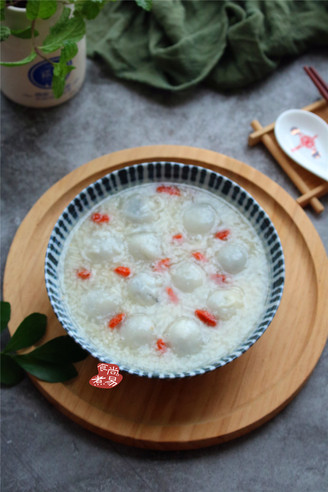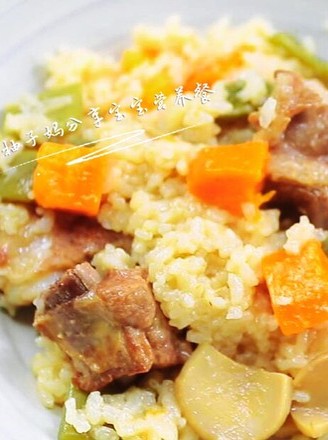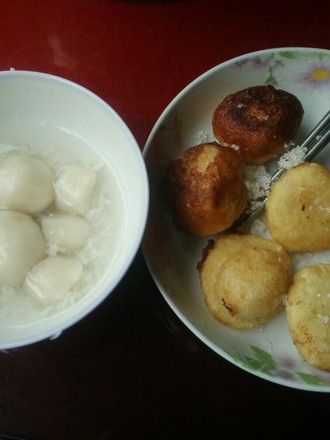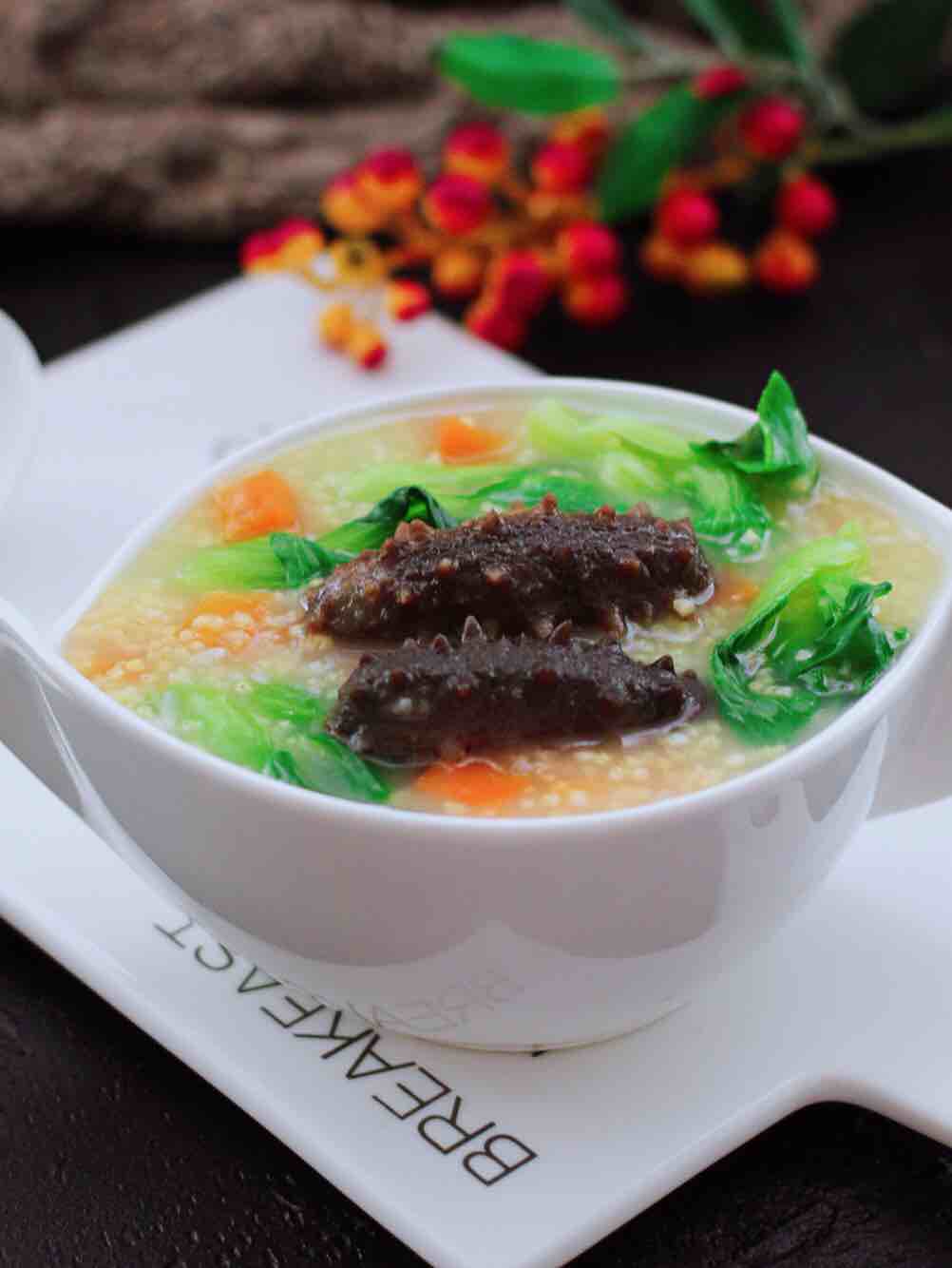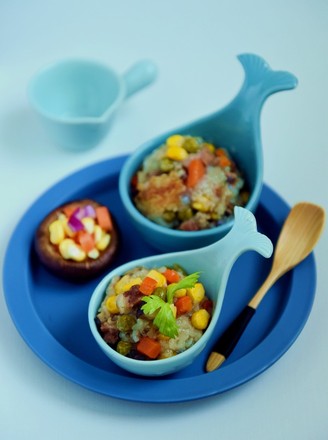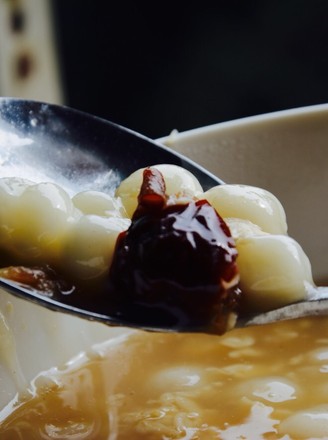A Different Kind of Dragon Boat Dumplings (also Known As Horseshoe Dumplings)
1.
The banana leaves are torn off the leaf bark along the thick platycodon, leaving a thread of fiber on the leaf bark. Like a folding fan, the leaves are folded into 20 to 30 cm long squares and boiled in boiling water for about 10 to 20 minutes. Then put it in a container, let the water dry, and let it cool for later use. (I’m here in Chongqing, my hometown, and the most commonly used packaging material for rice dumplings is banana leaves, because many people in my family plant banana trees. Moso bamboo leaves, boat leaves, alpinia leaves, lotus leaves, etc. can also be used. Boat leaves Heliang ginger leaves are also often used to make pig's cakes. It is our Sichuan-Chongqing special pastry. If you are interested, you can order pig's cakes in my recipe Sichuan-Chongqing special pastry to find out.)
2.
Spread out the whole plantain leaves that are cooled by the boiling water.
3.
Remove the leaves with a width of less than 20 cm at both ends, cut the fibers from the place where the platycodon fibers are retained, and tear them apart. The result is as shown in the figure. The bottom is the direction of the stem fibers.
4.
Begin to fold the banana leaves to make the rice dumplings in a quick way later. Fold them at the fiber-filled areas. Each fold is about five or six centimeters wide, as shown in the picture.
5.
Fold a rectangular strip four times in the same direction, which is equivalent to two and a half circles of banana leaves. The glutinous rice will become a cylindrical shape. The fiber direction of the rod must be aligned horizontally, regardless of whether the other side is uneven. Fold it in four, cut the fiber along the side of the fold, and tear it apart.
6.
The effect is shown in the figure.
7.
Fold the leaves without the direction of the stem fibers at about five or six centimeters, and the effect is as shown in the figure. Fold a few more outsourcing materials at once.
8.
The glutinous rice is filled in from the hole in the fiber square with the rod.
9.
Wash the clean glutinous rice beforehand without soaking. (I panned three times)
10.
The folded leaves of the zongzi are filled with glutinous rice with a five-centimeter-diameter spoon at the hole from the fiber side of the rod, and they can be flattened. (Remember that the glutinous rice cannot be pressed tightly, nor can it be knocked on the whole body or used to make the glutinous rice settle tightly. I will explain the reason in the small reminder.)
11.
To seal the toe cap, use a leaf of a suitable size to fold it into two layers. The length and width after folding should be at least two to three times the diameter of the mouth of the glutinous rice to be sealed. Cover the mouth and tie it tightly with a thin cotton rope two or three times. . (Tie the snap button for easy unraveling later. If you don't have such a big leaf, just use two overlapped into two layers)
12.
Then turn it over, open the four or five centimeters you folded before, and add a small amount of glutinous rice to make the horizontal surface of the glutinous rice about four centimeters from the caliber plane.
13.
Seal this end as well, fold off the extra four centimeters of leaves directly, and tie them two or three times with a thin cotton rope.
14.
Then, the zongzi is slanted around the body, and the cotton rope is tightly wound one or two centimeters apart, and tied with the cotton rope at the toe cap. Don't make the rope around your body too tight, just use a little force. Put it in a large saucepan boiled in advance, and the water should be five centimeters above the rice dumplings. Cover and cook for one hour.
15.
After boiling for an hour, turn the zongzi over, turn the upper layer to the lower layer. Cover and cook for about an hour. On the first day, the zongzi is directly stored in the water in which the zongzi is cooked. This is a method of water sealing to isolate the air and keep it fresh.

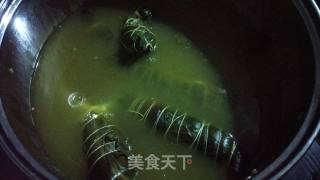
16.
You can take it out when you eat. If you can eat it for several days, change it to soak in clean water every other day, and keep it fresh by water-sealing. It can be stored for up to five to seven days. (It can also be stored in the refrigerator, but each time you eat it needs to be heated thoroughly and then cooled to room temperature before eating. Because the glutinous rice is stored in the refrigerator, even in the safe layer, the glutinous rice will be slightly hardened and dehydrated due to the low temperature, which will make the taste worse. The water-sealed preservation method overcomes this shortcoming. It can be taken out for consumption and still moisturized. However, the water needs to be changed every day (24 hours), and the longest storage can not exceed seven days. If the temperature exceeds 30 in hot weather, the water needs to be changed once in 12 hours. It cannot be stored for more than four days.)

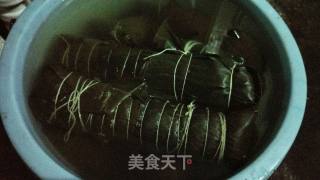
17.
The basic standard for each stick is about 20 cm in length, and one stick weighs nearly half a catty, so every time you eat, take one stick to solve the amount of one plate.
18.
Untie the cotton rope, tear open the wrapper, and prepare a plate.
19.
Because zongzi is soft and sticky, it cannot be broken down with a knife, and it is easy to stick to the knife, so a special thread twisting method is used. This method is very simple, but many people don't know it. Choose a short cable with zongzi at both ends, which is about half a meter long, and you can choose one.
20.
Bite one end of the thread with your own teeth, and wrap your fingers around five centimeters on the other end of the thread to make it easier to pinch the thread.
21.
Hold the zongzi in your left hand, and use the thread in the right hand to wrap around half a centimeter to one centimeter from the beginning of the zongzi.
22.
Pull the right hand outward to cut off the zong slices.
23.
Every half a centimeter to a centimeter or so, use the same winding method to cut the rice dumplings to get a plate of processed rice dumplings. (Adjust the thickness of the chopped rice dumplings according to your own taste. I like the thickness of half a centimeter.)
24.
Now I’m starting to make fillings. My family likes sweet rice dumplings, so I use the usual sesame sugar dip. (Sesame can squeeze sesame oil, so white sesame is also called sesame oil). Stir-fry with sesame seeds can be used more than once, and can be used many times. It can also be used as fillings for steamed buns and other noodles. For example, the oily sugar filling in my recipe Sichuan-Chongqing special pasta pig cake and my oily sugar pancake are useful . I fry a spoonful of white sesame seeds with a spoon of 10 cm diameter this time.
25.
Stir fry over low medium heat until pale yellow and white turn golden.
26.
Put part of the cooked sesame seeds in a suitable size gauze.
27.
Put away the surrounding bag and hold the side that is put together.
28.
Use a thicker glass bottle to beat or roll to crush the cooked sesame seeds. You can also crush them with a hammer, or place them in a food processor or garlic grinder. The scent suddenly increased.
29.
Treat it until about 80% of it becomes broken.
30.
Use a rice bowl of the right size, white sugar: chopped cooked sesame seeds in a ratio of 8:1.
31.
Mix thoroughly with chopsticks and serve as a dip.
32.
The zongzi can be eaten with dipping sauce. Soft and sweet, the taste is firm and soft. You can also eat the original flavor without dipping.
33.
My house also packs triangular rice dumplings, which are filled with oil and sugar, and flavored with red dates and wolfberry. Because my family eats glutinous rice so sweet, so the several kinds of packages are sweet and fragrant. If you want to know how to make oily sugar filling, you can refer to the oily sugar filling in my Sichuan-Chongqing special pasta pork cake, or the oily sugar filling pancakes that I will post later.
34.
The size of the triangular rice dumplings is enough for one person to eat. Suitable for gifts, not suitable for banquets, banquets need to solve a few is enough, troublesome, no sticks of rice dumplings are convenient for banquets, but the sticks of rice dumplings are not suitable for one person to eat, may not be finished.

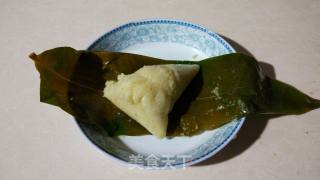
Tips:
1. One end of the torn banana leaf should retain part of the stem fiber, so that the banana leaf is not easy to split.
2. The banana leaves are boiled to make them soft, but also to prevent cracking when used.
3. Fold the banana leaf in half, making it two and a half circles. The skin is not easy to be broken when the glutinous rice is boiled and expanded.
4. When the banana leaves are folded along the fiber, they should be aligned so that this end is easier to wrap when the head is sealed with leaves alone, and the other end does not need to be aligned, because this end directly presses its own leaf to seal.
5. When adding glutinous rice, it can’t be pressed and knocked and settled tightly. The cotton rope should not be wound too tightly with the surrounding body. This is because glutinous rice will expand after being cooked. If glutinous rice is too tight, glutinous rice will not expand well. There is a hard rice heart in the center, which affects the taste and increases the cooking time.
6. Wrap rice dumplings with cotton thread and plant fiber, which will be healthier and safer. Do not be lazy with plastic thread.
7. It takes about two hours to cook the zongzi, because the zongzi not only needs to be cooked, but also until it is soft and waxy. Turn over the zongzi halfway to cook more evenly and thoroughly.
8. It can be stored in the refrigerator after cooking, but it needs to be heated every time it is eaten. Because the glutinous rice will be slightly hardened and dehydrated due to low temperature when stored in the refrigerator, it will make the taste worse. The water-sealed preservation method overcomes this shortcoming and can be taken out directly for consumption. But need to change the water every day (24 hours), the longest storage can not exceed seven days, the temperature exceeds 30 in hot weather, the water needs to be changed once in 12 hours, and the storage can not exceed four days.
9. The zongzi is broken into small pieces, it is not suitable to use a knife to cut, stick to the knife. So use the strand cutting method.
10. The sesame sugar dipping sauce, the proportion of sesame cannot be too high, the fragrance is too strong, and the taste is easy to be greasy.

